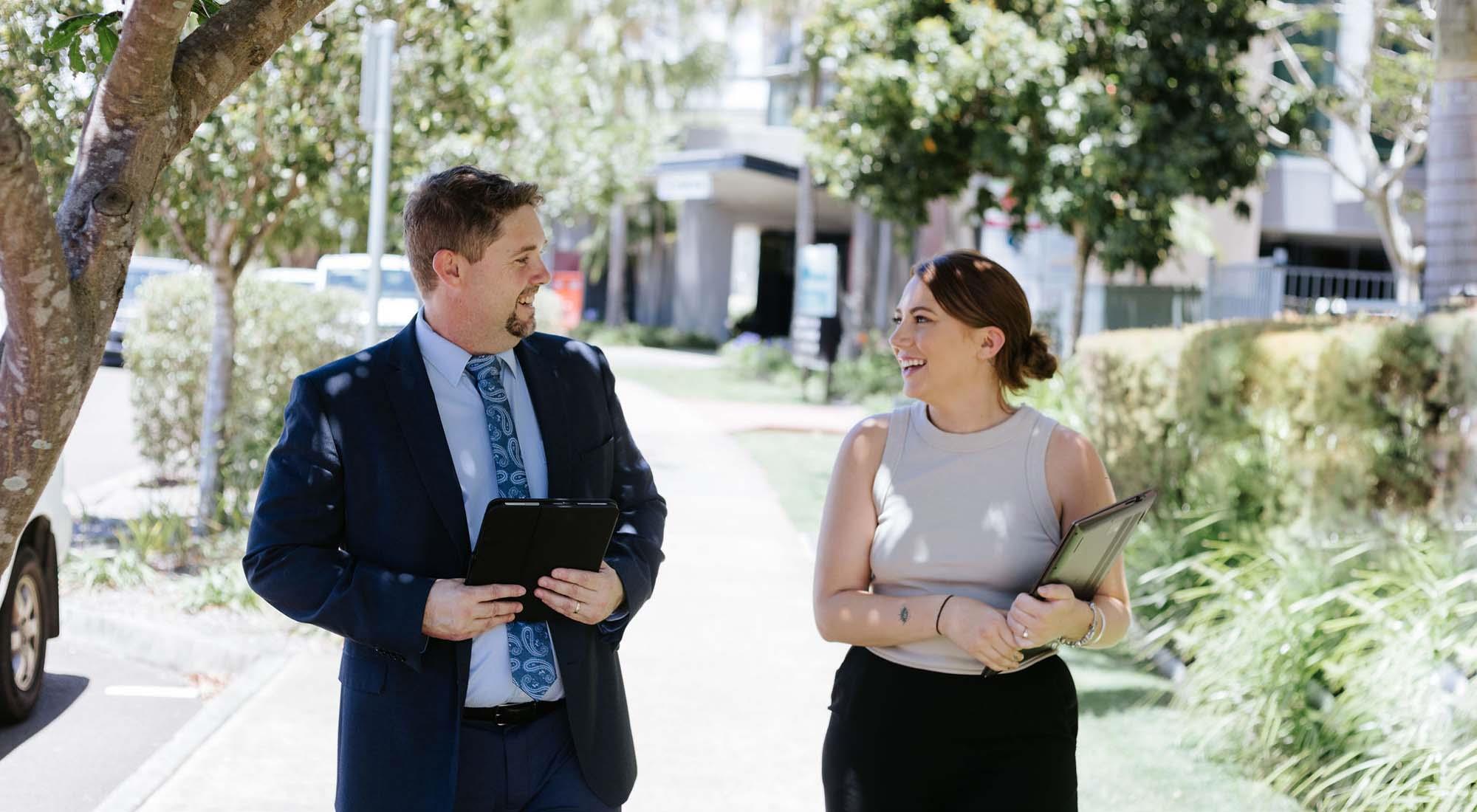Recordings in family law parenting matters
.png&wid=1160)
Posted on 7 December 2022
Jacqueline Scriven
Recordings in family law parenting matters
Given the popularity of smartphones and the increased use of technology, the attempted use of audio/video recordings of interactions between parties has become widespread.
Despite the value of such evidence, particularly where there are allegations of family violence, the court will only admit the recordings into evidence on a case-by-case basis by weighing the value of the evidence against the matter and applying the relevant provisions of the legislation. For example, where such evidence is obtained improperly (such as may be the case it is a secret recording), the admissibility of the evidence will be based on how probative and relevant the evidence is and how fair it would be for the recording to be admitted.
In the case of Coulter & Coulter (No. 2) [2019] FCCA 1290, the mother recorded changeovers and telephone conversations between the father and the children, without the knowledge or consent of the father. The two video recordings of changeovers took place at the mother’s home where she set up a camera in the hallway facing the door and hit ‘record’ before opening the door to the father. The mother argued that she set up the video recordings to protect herself at changeovers due to her concerns the father would commit domestic violence.
The father made an application to the court to exclude the recordings, based on the argument that the evidence was obtained improperly or in contravention of privacy legislation.
Decision – video recordings
The court found that the mother’s video recordings were made in the protection of her lawful interests as she believed that she was the victim of family violence and was looking for a way to demonstrate this to obtain an intervention order. Despite the secrecy with which the video recordings were obtained, the court said they were not obtained improperly after considering the mother’s allegations of family violence and her legitimate interest in her personal safety and in preventing the children from exposure to conflict between the parties.
Decision – audio recordings
The court excluded the audio recordings of the conversations between the father and the children as evidence. The court found the recordings to be improperly and illegally obtained and said the conduct of the mother recording the conversations was a serious breach of the children’s trust, their entitlement to privacy and the father’s privacy, despite the fact the recordings provided evidence of inappropriate discussions being had and the mother’s allegations that the father was trying to alienate her children from her. Here, the court gave more weight to the children’s right to have a meaningful relationship with the father that includes the right to communicate with the father privately, over the value of the evidence.
In our experience, it is rarely useful to record the other parties’ interactions and in fact, it may be detrimental to the parties’ position. Recording the other party often increases tension between the parties and erodes trust in the coparenting relationship. Rather than record an interaction personally, an alternative may be seeking out a changeover place that is public with CCTV cameras in use, such as a service station or fast-food restaurant. In the event something occurs between you and the other party, such places record interactions which may be admitted as evidence in court proceedings.
How can Omnia Legal Assist with your Family LAw Matter?
Before deciding what would work best for you. Contact our Family Law team to discuss your best possible option and assist in your family law needs.
This article provides general information on legal topics for educational purposes only, and should not be considered legal advice or recommendations. While we have taken care to ensure accuracy, Omnia Legal is not responsible for any errors, and makes no guarantees about the accuracy or completeness of the information. Links to third-party websites do not constitute an endorsement, and we are not liable for any damages that may result from using inaccurate or incomplete information. It's always best to seek legal advice for specific situations.
